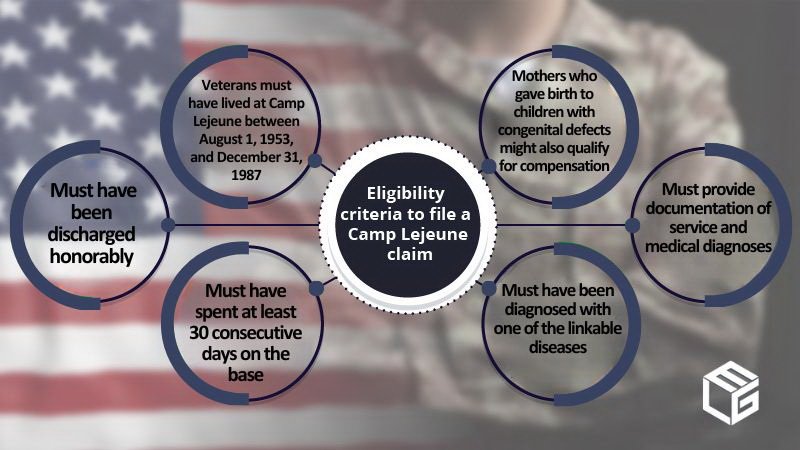Studies link thyroid cancer to toxic exposure at Camp Lejeune
A study conducted by researchers on two military bases in the US revealed that the incidence of thyroid cancer at Camp Lejeune, located in North Carolina, was much higher than expected.
The study aimed to compare the health of individuals at two sites, Camp Lejeune and Camp Pendleton. The former was exposed to contaminated drinking water, while the latter enjoyed clean drinking water. The researchers wanted to investigate if there was any difference in the number of cancer cases between the two military bases.
The researchers discovered alarming findings related to thyroid cancer among individuals who lived and worked at Camp Lejeune. They found that these individuals had a 22% higher chance of developing thyroid cancer compared to a control group from the California-based Camp Pendleton.
In August 2022, the US Congress passed the Camp Lejeune Justice Act (CLJA), which grants former residents and employees of the military base the right to file toxic exposure claims for injuries caused by contaminated water. Now that the Agency for Toxic Substances and Disease Registry (ATSDR) study has been released in February 2024, there will be a renewed focus on toxic exposure related to thyroid cancer.
Benzene associated with thyroid cancer
Studies found evidence that benzene may also increase the risk of certain types of cancer, including thyroid cancer. Benzene is a flammable liquid that quickly evaporates when exposed to air.
It was classified as a human carcinogen by both the US Environmental Protection Agency and the US National Toxicology Program.
Benzene occurs naturally, but people are usually exposed to it at their workplaces or in the military. This chemical was heavily used on US military bases as an industrial solvent and gasoline additive, but its usage has decreased in recent years due to its high toxicity.
Civilian and military members residing and employed at Camp Lejeune were exposed to benzene through contaminated groundwater.
Another solvent linked to thyroid cancer is vinyl chloride
The military facility located in North Carolina has been found to contain hazardous volatile organic compounds, including vinyl chloride. This substance has been detected in high concentrations in both the soil and groundwater.
The Human Services, the International Agency for Research on Cancer, and the U.S. Department of Health classify vinyl chloride as a human carcinogen. Long-term exposure to this substance can lead to the development of various cancers, including thyroid cancer.


